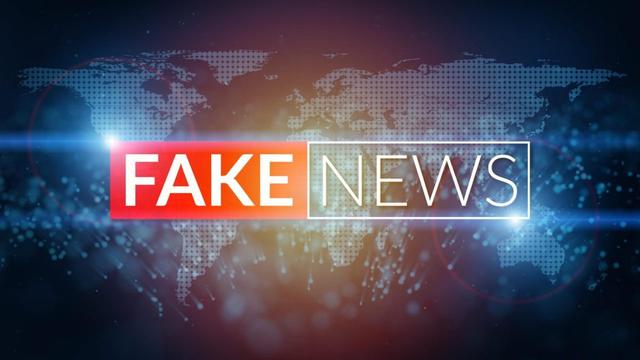A parliamentary commission approved a law that could punish fake news in the press. This project is in South Korea. If it is approved by the National Assembly, South Korea will join the ranks of countries taxing disinformation.
This measure is highly criticized by media experts. But it seems that in South Korea, it is a necessity that correct information replaces misinformation. However, not everyone agrees with this project.
On Thursday, the Seoul Parliamentary Committee on Culture, Sports and Tourism approved the revision of the Media Arbitration Act. The "fake news" law was also included in the document. It was developed as a result of concerns expressed by the South Korean administration. The damage to the reputation of citizens, especially public figures, through news articles containing misinformation led to this project.
What are the opinions of the opposition about the "fake news" project?
The main opposition party, People Power Party, is against approving the submitted document. The party compared the project to North Korean censorship. Local journalistic organizations condemned the revision of the Act on Thursday. They say the amendment leaves room for "vague and arbitrary interpretations" of what constitutes inaccurate reporting or misrepresentation of public figures. And he adds that the amendment of the law "paves the way for easy control over the media".

Russia is one of the countries that has adopted a similar law. It was used to silence publications critical of the Kremlin regime. The World Association of News Editors said in a statement that the law is "the kind of regulation promoted by some of the world's most regimented authoritarians."
There is a probability that the new version of the Arbitration Act will be approved. The opposition believes that South Korea's image will be damaged worldwide if the National Assembly approves the document. South Korea is currently ranked 42nd out of 180 in the Press Freedom Index.
